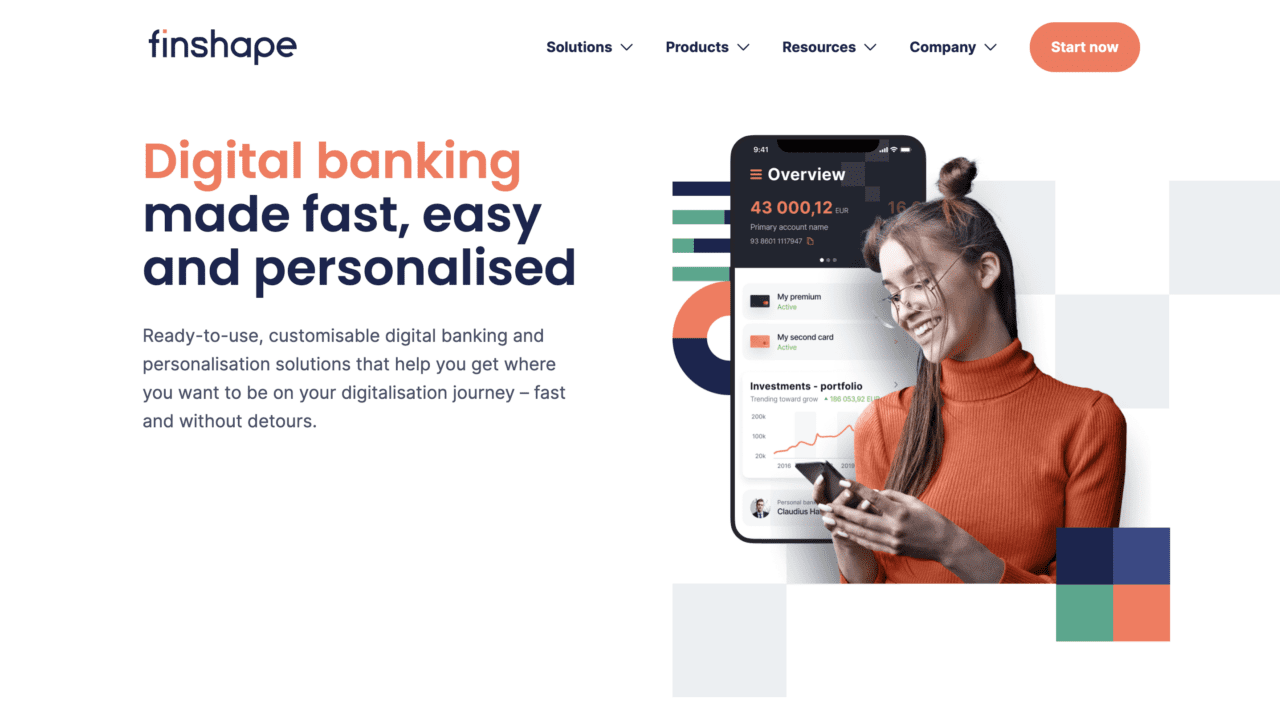
- Automated identity verification specialist Onfido announced the launch of its Compliance Suite.
- The Compliance Suite features qualified electronic signatures, one-time passwords, and no-code compliance workflows.
- Onfido made its Finovate debut at FinovateEurope 2018.
Automated identity verification specialist Onfido unveiled its Compliance Suite this week. The new offering helps companies meet the regulatory requirements for customer onboarding as they expand into new markets.
Compliance Suite brings qualified electronic signature (QES) and One-time Password (OTP) functionality, as well as no-code compliance workflows, to Onfido’s Real Identity Platform. QES offers a digital signature solution that relies on signals unique to the signer. The technology is also backed by a qualified digital certificate that provides a reliable way to confirm the identity of the individual associated with the signature.
Along with the company’s AI for fraud prevention and global document coverage, the result is a fully customizable identity verification solution that enables businesses to manage both local and global compliance needs under a single provider and control center. Compliance Suite has successfully passed its conformity assessment board checks and will be deployed by Onfido customers across Europe.
“Onfido’s Compliance Suite eases the regional compliance headache and delivers a one-stop-shop compliance offering that allows leaders to focus on their expansion, register customers faster, and remain agile to future regulatory demands,” Onfido Chief Product Officer Yuelin Li said. “With Compliance Suite, we now have the most comprehensive verification offering in the market, making Onfido the go-to scaling partner for globally trusted institutions.”
Onfido made its Finovate debut at FinovateEurope 2018 and returned to the Finovate stage later that year for FinovateFall. The announcement of Compliance Suite follows news last month that Onfido had teamed up with digital investment platform InbestMe. The partnership made InbestMe the first roboadvisor in Spain to integrate identity verification technology as part of its onboarding process.
Headquartered in London, Onfido has raised more than $182 million in funding, according to Crunchbase. Crane Venture Partners and TPG Growth are among the firm’s most recent investors. Mike Tuchen is CEO.
Interested in demoing at FinovateEurope in London next month? Applications are still being accepted from innovative companies with new solutions that are ready to show. Visit our FinovateEurope hub today to learn more.
Photo by Towfiqu barbhuiya on Unsplash













.png)
